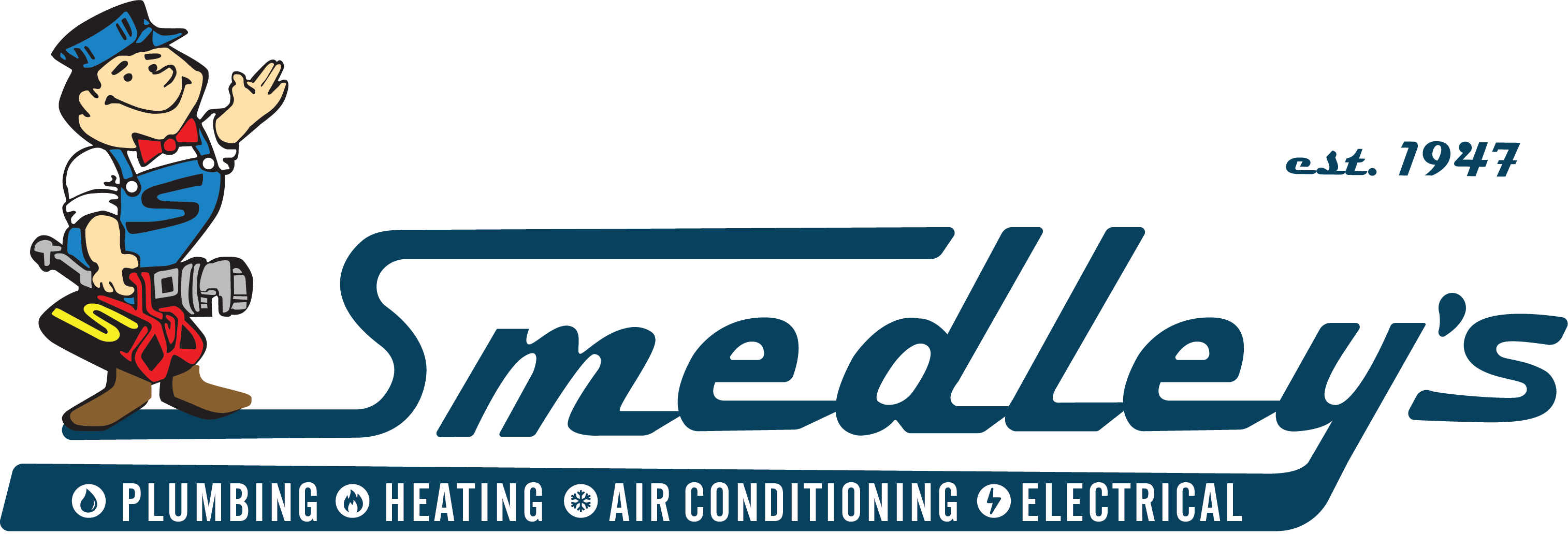Summertime on the Wasatch Front can be a bit demanding at times, so it’s important to choose an air conditioner that meets your home’s cooling demands. But simply going with the largest air conditioner you can find may have a rather expensive impact. Nevertheless, many homeowners make the mistake of buying a bigger unit than their home actually needs.
An oversized air conditioning system can be bad news not just for your home’s overall comfort but also for your monthly utility bills and even your health. Read on to learn about the importance of getting the right size of unit.
Reasons Homeowners Choose Oversized Units
It may seem nonsensical for homeowners and contractors to choose air conditioners that are bigger than actually needed, but there’s a method to the madness:
- Many homeowners have a fear of choosing an air conditioner that isn’t large enough to cool their homes, so they choose units with more cooling capacity than they actually need.
- Some contractors rely on the old method of calculating cooling capacity based on room size. These figures are often so broad that contractors inadvertently choose air conditioning systems with more cooling capacity than necessary.
- Other contractors may deliberately choose oversized air conditioners under the assumption that having too much cooling capacity is better than having too little.
As a result, it’s not uncommon for an otherwise energy-efficient home to have an air conditioner that may have two or even three times the capacity actually needed for effective cooling.
Common Problems With Oversized Air Conditioners
Oversized air conditioners have a knack for cooling off indoor spaces in record time. However, this quick cooling comes with several caveats, some of which could prove dangerous for your air conditioning system and your wallet:
- Clammy feeling—Air conditioners don’t just keep your home cool—they also dehumidify the air to an extent. An oversized air conditioner will run long enough to bring temperatures down to your desired set point but not long enough to pull excess moisture out of the air. The end result is a home that feels cool but also damp and clammy.
- Short-cycling blues—In an effort to maintain set temperatures, oversized air conditioners tend to turn on and off and back on again in just a span of minutes. This short-cycling phenomenon can easily lead to added wear and tear on A/C components and shorten the life of the unit.
- Wasted energy—Oversized air conditioners end up consuming more energy than their properly sized counterparts, and this lack of efficiency leads to higher operating costs and higher utility bills.
In the end, the above issues may drive you to replace a recently installed air conditioning system. Buying a unit that is too large could cost you thousands of dollars that could have been saved if you had properly sized your air conditioner.
Reasons the Right Size Is the Best Size
No matter the type of home you have or its size, choosing an air conditioner that’s properly matched to your home’s cooling demands is crucial. Having a properly sized air conditioning unit has several benefits to consider:
- Improved comfort—A correctly sized air conditioner won’t leave your home feeling clammy and damp.
Longer equipment life—Without the short-cycling problems of an oversized unit, your air conditioner will have a longer lifespan. - Better indoor air quality—Properly sized air conditioners are less likely to be a haven for mold and other microbial growth.
- Increased energy savings—Properly sized air conditioners use less energy than their oversized counterparts, resulting in lower energy costs over the long run.
Fortunately, your HVAC contractor can help you choose the cooling system that’s right for your home.
Tips for Choosing the Right Size
Here are a few tips that’ll make it easier for you to find the right air conditioner for your home:
- Make sure your HVAC contractor follows ACCA-developed processes. These include using the Manual J load calculation and Manual S equipment-selection processes. This way, your contractor will have an accurate picture of your home’s heating and cooling needs.
- Don’t forget to take your local climate into account. Different areas of the country need different levels of air conditioning.
- Make adjustments as necessary. If your home is heavily shaded, for instance, you’ll want to reduce your air conditioner’s cooling capacity by 10 percent. If your home is located in an area that constantly sunny, you can increase cooling capacity by 10 percent.
If you need a little help choosing your home’s next air conditioning system, don’t hesitate to call the pros at Smedley Service.




